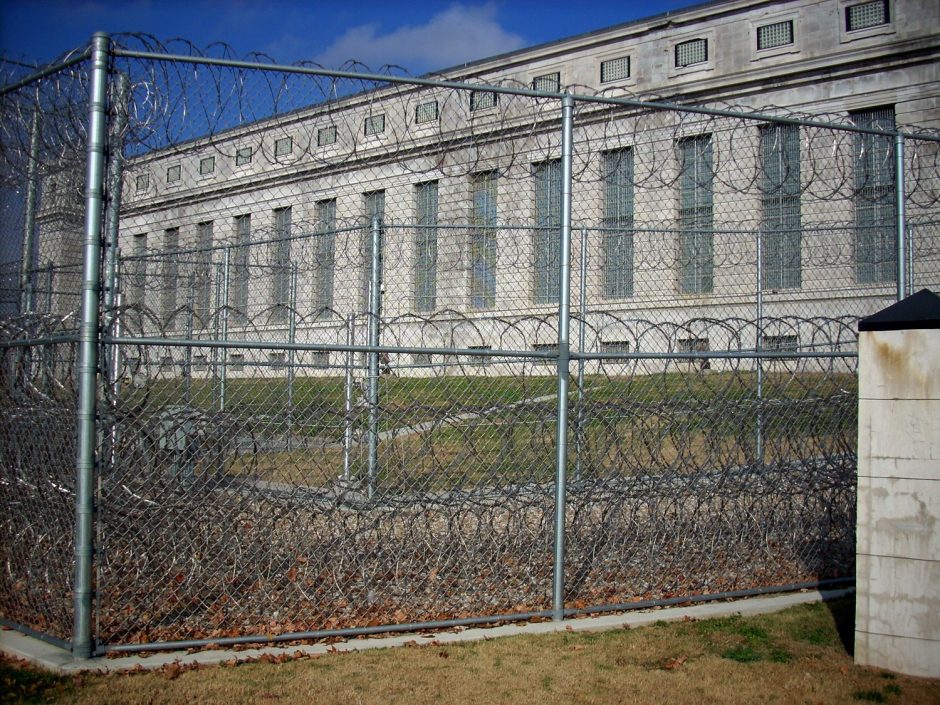Florida Sentencing Enhancements (Pt. 3)
This is Part 3 of the Florida Sentencing Enhancement Blog posts. In Part 1 of the Florida Sentencing Enhancements blog, I discussed Prison Releasee Reoffender (PRR) enhancement. I also reviewed the standard minimum and maximum sentences in Florida without these enhancements. Part 2 discussed the Habitual Felony Offender (HFO) enhancement. Today, I will discuss the Habitual Violent Felony Offender (HVFO) enhancement. Following is the description, qualifications, sentencing enhancement, gain time issues, and the pertinent part of the statute for your reference.
HVFO – Habitual Violent Felony Offender
Description
Similar to the HFO designation, a designation of a Habitual Violent Felony Offender (HFVO) allows the court to impose an extended term of imprisonment, if the offender is convicted of the charge. This is a discretionary sentence, meaning the Court may impose the designation and sentence the offender to extended terms of imprisonment. If the Court does choose to sentence an offender with the HFVO designation, the sentence includes a minimum mandatory sentence, with the possibility of lengthier terms beyond the minimum mandatory.
Qualifications
To be designated as an HFVO, the following qualifications must be met:
- The State must seek to have the offender so designated;
- The offender has one prior enumerated violent felony conviction (including withholds of adjudication) (see below for enumerated felonies)
- The present offense is any felony committed while the offender was serving a sentence imposed as a result of a prior enumerated offense, or within five years of the date of conviction of the offender’s last prior enumerated felony, or within five years of the offender’s release from prison or other sentence imposed as a result of a prior conviction for an enumerated felony, whichever is later; and
- The offender has not received a pardon on the ground of innocence for any felony or other qualified offense necessary for the enhancement, and a conviction of a crime necessary to the operation of the law has not been set aside in any post-conviction proceeding.
The enumerated offenses are listed in Fl. Stat. 775.084(1)(b), and are as follows:
- Arson;
- Sexual battery;
- Robbery;
- Kidnapping;
- Aggravated child abuse;
- Aggravated abuse of an elderly person or disabled adult;
- Aggravated assault with a deadly weapon;
- Murder;
- Manslaughter;
- Aggravated manslaughter of an elderly person or disabled adult;
- Aggravated manslaughter of a child;
- Unlawful throwing, placing, or discharging of a destructive device or bomb;
- Armed burglary;
- Aggravated battery;
- Aggravated stalking
Sentencing
If sentenced as an HFVO, the court may impose the following sentences:
- For a capital, life felony – life sentence with a minimum mandatory of 15 years;
- For s second degree felony – up to 30 years, with a minimum mandatory of 10 years;
- For a third degree felony – up to 10 years, with a minimum mandatory of 5 years.
Gain Time
If sentenced as an HFVO, a defendant is eligible for gain time with the Department of Corrections; however, the offender must serve 100% of the minimum mandatory sentence. Therefore, gain time will apply to any term of incarceration after the minimum mandatory sentence.
Statute
The relevant statute is listed below:
Fl. Stat. 775.084(1)(b) and (4)(b)
(b) “Habitual violent felony offender” means a defendant for whom the court may impose an extended term of imprisonment, as provided in paragraph (4)(b), if it finds that:
1. The defendant has previously been convicted of a felony or an attempt or conspiracy to commit a felony and one or more of such convictions was for:
a. Arson;
b. Sexual battery;
c. Robbery;
d. Kidnapping;
e. Aggravated child abuse;
f. Aggravated abuse of an elderly person or disabled adult;
g. Aggravated assault with a deadly weapon;
h. Murder;
i. Manslaughter;
j. Aggravated manslaughter of an elderly person or disabled adult;
k. Aggravated manslaughter of a child;
l. Unlawful throwing, placing, or discharging of a destructive device or bomb;
m. Armed burglary;
n. Aggravated battery; or
o. Aggravated stalking.
2. The felony for which the defendant is to be sentenced was committed:
a. While the defendant was serving a prison sentence or other sentence, or court-ordered or lawfully imposed supervision that is imposed as a result of a prior conviction for an enumerated felony; or
b. Within 5 years of the date of the conviction of the last prior enumerated felony, or within 5 years of the defendant’s release from a prison sentence, probation, community control, control release, conditional release, parole, or court-ordered or lawfully imposed supervision or other sentence that is imposed as a result of a prior conviction for an enumerated felony, whichever is later.
3. The defendant has not received a pardon on the ground of innocence for any crime that is necessary for the operation of this paragraph
4. A conviction of a crime necessary to the operation of this paragraph has not been set aside in any postconviction proceeding.
(b) The court, in conformity with the procedure established in paragraph (3)(a), may sentence the habitual violent felony offender as follows:
1. In the case of a life felony or a felony of the first degree, for life, and such offender shall not be eligible for release for 15 years.
2. In the case of a felony of the second degree, for a term of years not exceeding 30, and such offender shall not be eligible for release for 10 years.
3. In the case of a felony of the third degree, for a term of years not exceeding 10, and such offender shall not be eligible for release for 5 years.
(k) 1. A defendant sentenced under this section as a habitual felony offender, a habitual violent felony offender, or a violent career criminal is eligible for gain-time granted by the Department of Corrections as provided in s. 944.275(4)(b).


